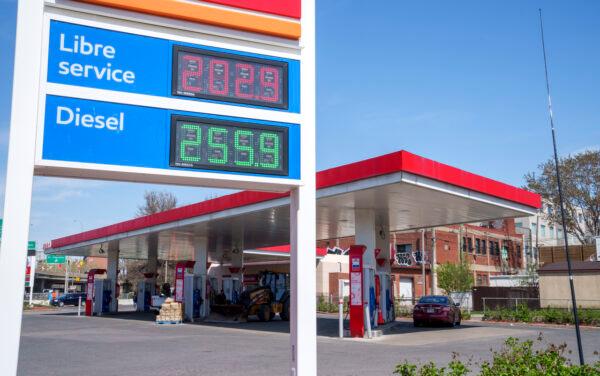RCMP in at least two provinces say there have been big jumps in fuel thefts in 2022, compared to 2021.
In Saskatchewan, RCMP say there was a 70 percent jump in people stealing gasoline or diesel fuel in 2022—around 818 cases in total.

RCMP in at least two provinces say there have been big jumps in fuel thefts in 2022, compared to 2021.
In Saskatchewan, RCMP say there was a 70 percent jump in people stealing gasoline or diesel fuel in 2022—around 818 cases in total.